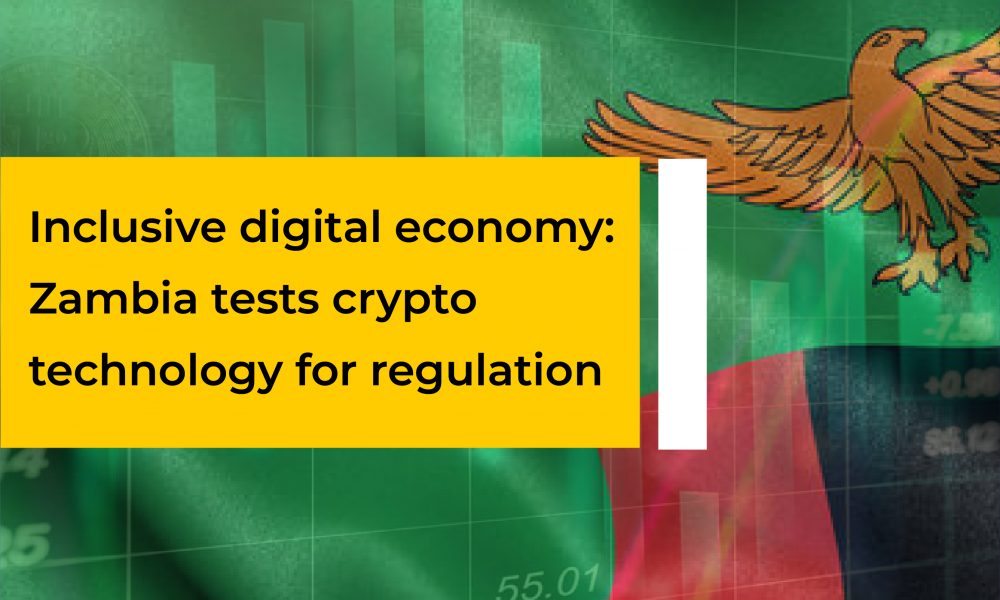The world is rapidly moving towards digitalization, and the financial sector is no exception. Cryptocurrencies have become increasingly popular over the past few years, and many countries are now exploring ways to regulate them. Zambia is the latest country to join this trend, with the Bank of Zambia and the country’s securities regulator collaborating to test technology for crypto regulation. This move aims to achieve an inclusive digital economy and position Zambia as a technology hub in Africa.
The Technology and Science Minister Felix Mutati has stated that cryptocurrency is the future that the country desires to achieve. However, a policy framework is required to support this revolutionary technology. The testing of the technology on regulating cryptocurrency will be upscaled in due course as part of deliberate measures to achieve an inclusive digital economy for Zambia.
The adoption of cryptocurrency in Africa has grown tremendously over the past few years, with Kenya, South Africa, Nigeria, and Tanzania leading adoption. According to analytics firm Chainalysis, Africa’s crypto market increased by more than 1,200% between July 2020 and June 2021. This growth is driven by factors such as financial inclusion, remittances, and speculation. Therefore, governments need to regulate the sector to protect consumers and investors, reduce fraud and money laundering, and promote innovation and growth.
Zambia’s move towards crypto regulation is a positive step towards achieving an inclusive digital economy. Through digital payment platforms, people will become much more included in digital financial services, and cryptocurrency will be a driver for financial inclusion and a change maker for Zambia’s economy.
Zambia has previously shown an interest in blockchain technology, signing a Memorandum of Understanding (MoU) with Overstock’s blockchain land registry subsidiary in 2018. The partnership aimed to reform land ownership, providing local rural digital ownership certificates and access to the financial markets.
Furthermore, authorities in other African countries are paying close attention to cryptocurrency. The Central Bank of Nigeria (CBN) recently urged the development of a regulatory framework for stablecoins and initial coin offerings (ICOs). Nigeria is also one of the world’s pioneers in central bank digital currency (CBDC) adoption. In November 2022, the International Monetary Fund (IMF) pushed for increased regulation of Africa’s crypto markets, citing the collapse of FTX and its ripple effect in cryptocurrency prices as one of the reasons for embracing regulation.
Zambia’s efforts to develop digital infrastructure and attract investments in the sector will position the country as a technology hub in Africa.
Read also;
Enjoy contactless, borderless and secure transactions on BSCPAY
Uniswap holders set to abandon Ethereum for BNB chain
Credit: Source link



























